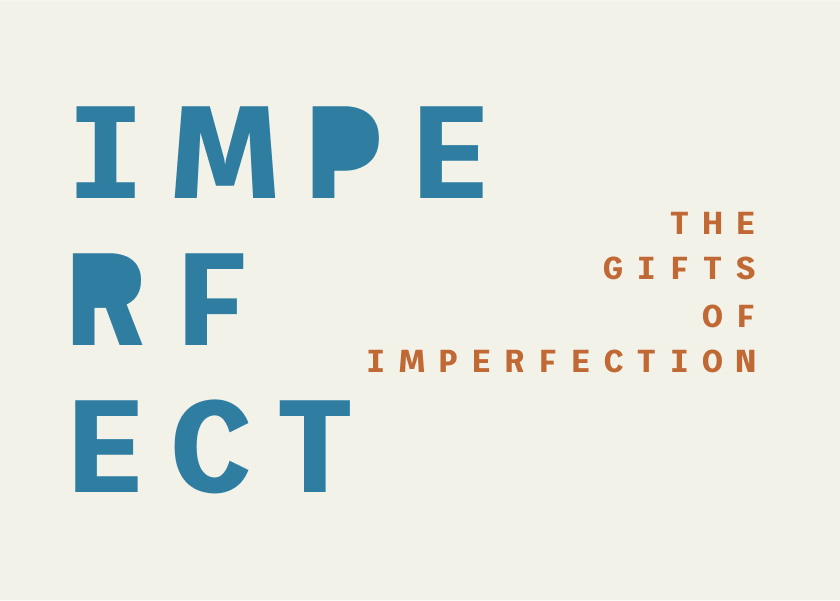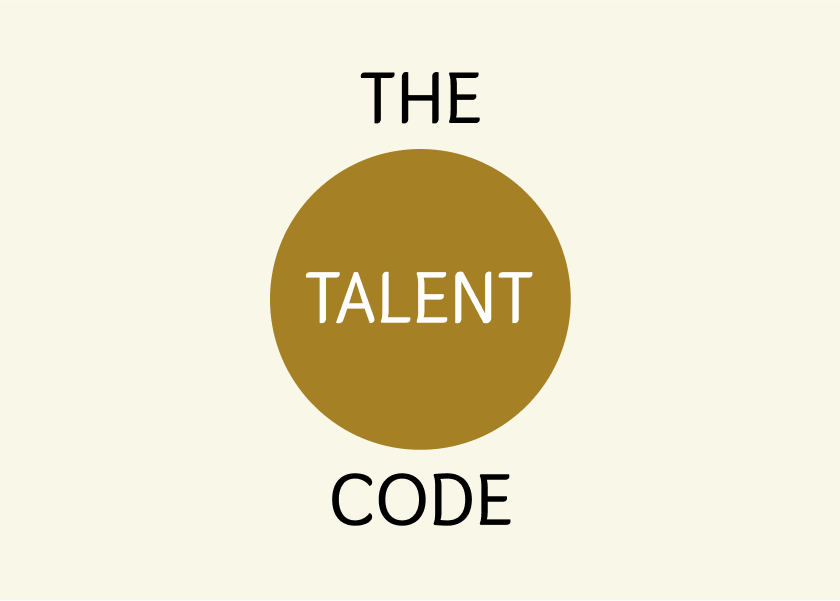Good Inside by Becky Kennedy - Summary
Less punishments and more connection–that's Dr Becky's motto. By understanding our child's internal world and how our interactions influence our children's emotional regulation, resilience, and self-worth, we can become better parents. Become the parent your child deserves!

The following is a summary of the book Good Inside by child psychologist Dr. Becky.
Listen to ShelfHelp's podcast about Good Inside
Tired of Tantrums and Power Struggles? There's a Better Way to Parent
Picture this: Your child is having their third meltdown of the day, you've tried every trick in your parenting playbook, and you're wondering if you're somehow getting it all wrong. If this sounds familiar, Dr. Becky Kennedy's Good Inside might just be the compass you've been searching for. Like a wise friend who happens to be a brilliant child psychologist, Dr. Becky offers an approach that transforms our understanding of challenging behaviours and the parent-child relationship.
Table of Contents
- About the Author
- Who Should Read This Book?
- Key Insights and Themes
- Detailed Summary
- Review
- Actionable Takeaways
- FAQs
- Conclusion
About the Author
Think of Dr. Becky Kennedy as the interpreter between the adult and child worlds. Named the "Millennial Parenting Whisperer" by Time magazine, she's that rare combination of clinical expertise and real-world wisdom. With over a million followers and a top-rated podcast, she's become the voice many parents trust when traditional approaches fall short. But what sets her apart isn't just her impressive credentials—it's her ability to translate complex child psychology into "aha!" moments that actually work in the messy reality of daily parenting.
Through her own journey as both a clinician and parent, Dr. Becky developed her approach by bridging the gap between theoretical child psychology and the practical challenges parents face every day. Her work resonates because it acknowledges the reality that perfect parenting doesn't exist, but better understanding certainly does.
Who Should Read This Book?
If you've ever found yourself staring at the ceiling at 3 AM, wondering why traditional parenting advice isn't working for your family, this book is for you. It's particularly valuable for:
- Parents caught in the timeout-reward-punishment cycle, feeling like they're running out of options
- Those puzzled by their child's seemingly inexplicable behavioral shifts
- Parents seeking to break generational patterns while maintaining family harmony
- Anyone feeling overwhelmed by conflicting parenting advice
- Parents of highly sensitive or emotionally intense children
- Those navigating complex family dynamics or co-parenting situations
- Parents who find themselves repeating patterns they swore they'd never reproduce
Key Insights and Themes
Think of Dr. Becky's approach as building a house from the foundation up. Her core principles include:
- The revolutionary idea that being "good inside" isn't something children earn—it's who they fundamentally are
- Understanding that connection and boundary-setting aren't opposites but partners in healthy parenting
- The powerful concept that most "bad behavior" is really an SOS signal from a struggling child
- The importance of emotional literacy in both parent and child
- How building resilience matters more than ensuring constant happiness
- The critical role of parental self-regulation in child development
Detailed Summary
Part I: Dr. Becky's Parenting Principles
The Good Inside Foundation
Like a garden that needs the right conditions to flourish, children need an environment that nurtures their innate goodness. Dr. Becky shows how shifting from "fixing bad behavior" to "supporting struggling humans" transforms both parent and child. This isn't just feel-good philosophy—it's backed by neuroscience showing how children's brains develop better in an environment of understanding rather than punishment.
Consider this scenario: Your four-year-old hits their sibling. Traditional parenting might jump to punishment, but the "good inside" approach asks, "What's causing my child to feel so overwhelmed that hitting seems like their only option?" This shift in perspective opens up new possibilities for teaching and connection.
The Two Things Are True Framework
Imagine holding two seemingly contradictory ideas: your frustration with your child's behavior and your deep love for them. Dr. Becky teaches how embracing both creates space for real understanding and growth. This principle applies to countless situations:
- When your child resists bedtime: "You want to stay up AND it's time for bed"
- During homework struggles: "This feels hard AND I believe you can do it"
- In social conflicts: "You're angry at your friend AND you miss them"
Understanding Your Role
Think of parenting like being a skilled guide in unfamiliar territory. You're not there to carry your child or clear all obstacles, but to help them develop the skills to navigate their own path. This includes:
- Being a secure base for exploration
- Modeling emotional regulation
- Setting clear, consistent boundaries
- Supporting problem-solving skills
Part II: Building Connection and Addressing Behaviours
From Tantrums to Understanding
Rather than seeing tantrums as behavioral problems to squash, Dr. Becky reframes them as opportunities for connection and learning. She provides practical scripts and strategies for various challenging moments:
For Emotional Tantrums:
- "I see you're having big feelings about this"
- "It's okay to be angry. I'm here with you"
- "Let's take some deep breaths together"
For Aggressive Behavior:
- "I won't let you hit. Hitting hurts"
- "You can show me how mad you are without hurting"
- "Let's find a safe way to release these big feelings"
For Resistance and Defiance:
- "I hear you don't want to. Tell me more"
- "We can find a way to make this work together"
- "You have a voice AND I have a job to keep you safe"
Sibling Dynamics and Family Harmony
Instead of playing referee, learn to foster understanding between siblings while honouring each child's unique experience. Dr. Becky provides specific tools for common scenarios:
When Siblings Fight:
- Acknowledge both perspectives
- Avoid taking sides
- Help children express needs without aggression
- Create opportunities for positive interactions
During Jealousy:
- Validate feelings without judgment
- Create special time with each child
- Help siblings understand each other's experiences
Advanced Applications
Handling Complex Emotions
Dr. Becky provides strategies for helping children navigate more nuanced emotional territories:
For Anxiety:
- Name and normalize the feeling
- Create safety plans together
- Practice coping strategies in calm moments
For Perfectionism:
- Separate worth from achievement
- Celebrate effort and learning from mistakes
- Model self-compassion
Building Resilience
Rather than protecting children from all discomfort, Dr. Becky teaches how to:
- Support children through challenges
- Build problem-solving skills
- Develop emotional intelligence
- Foster a growth mindset
Actionable Takeaways
- Start with Connection:
- Before addressing behaviour, take a moment to connect
- Use phrases like "I see you're having big feelings about this"
- Remember that connection creates safety for learning
- Practice active listening and reflection
- Practice Self-Regulation:
- Model the emotional control you want to see
- Take "parent time-ins" when needed
- Remember that your calm presence is powerful medicine
- Develop your own emotional awareness
- Build New Response Patterns:
- Replace "stop that" with "I won't let you..."
- Shift from punishment to problem-solving
- Focus on teaching rather than controlling
- Create predictable routines and boundaries
- Foster Emotional Intelligence:
- Help children name and understand their feelings
- Create safe spaces for emotional expression
- Use story-telling to explore emotional themes
- Practice emotion coaching in daily interactions
- Strengthen Family Bonds:
- Create regular one-on-one time with each child
- Establish family rituals and traditions
- Practice repair after difficult moments
- Celebrate progress and growth together
FAQs
Will this approach make my child spoiled?
No—understanding and boundaries work together. Think of it like being a good coach: supportive yet clear about expectations.
How long before I see results?
Like any meaningful change, it's a journey. You'll likely notice small shifts in weeks, but the real transformation happens over months of consistent practice.
What if I lose my cool sometimes?
That's normal and human. The key is repair—showing your child how to take responsibility and make things right after mistakes.
Conclusion
Good Inside isn't just another parenting book—it's an invitation to transform your relationship with your child and yourself. By understanding that both you and your child are "good inside," you can build a family dynamic based on connection, understanding, and growth.
Remember: Just as every skilled gardener knows that plants need different care at different stages, every parent can learn to provide what their unique child needs to thrive. The journey starts with believing in the good inside both of you.
The path to conscious parenting isn't about perfection—it's about progress, presence, and the courage to keep learning and growing together. Start where you are, use what you have, and trust that small, consistent changes can lead to profound transformations in your family life.
As an Amazon Associate, ShelfHelp may earn money from qualifying purchases. Needless to say, ShelfHelp only includes affiliate links to books we recommend and think are worth your time reading.




